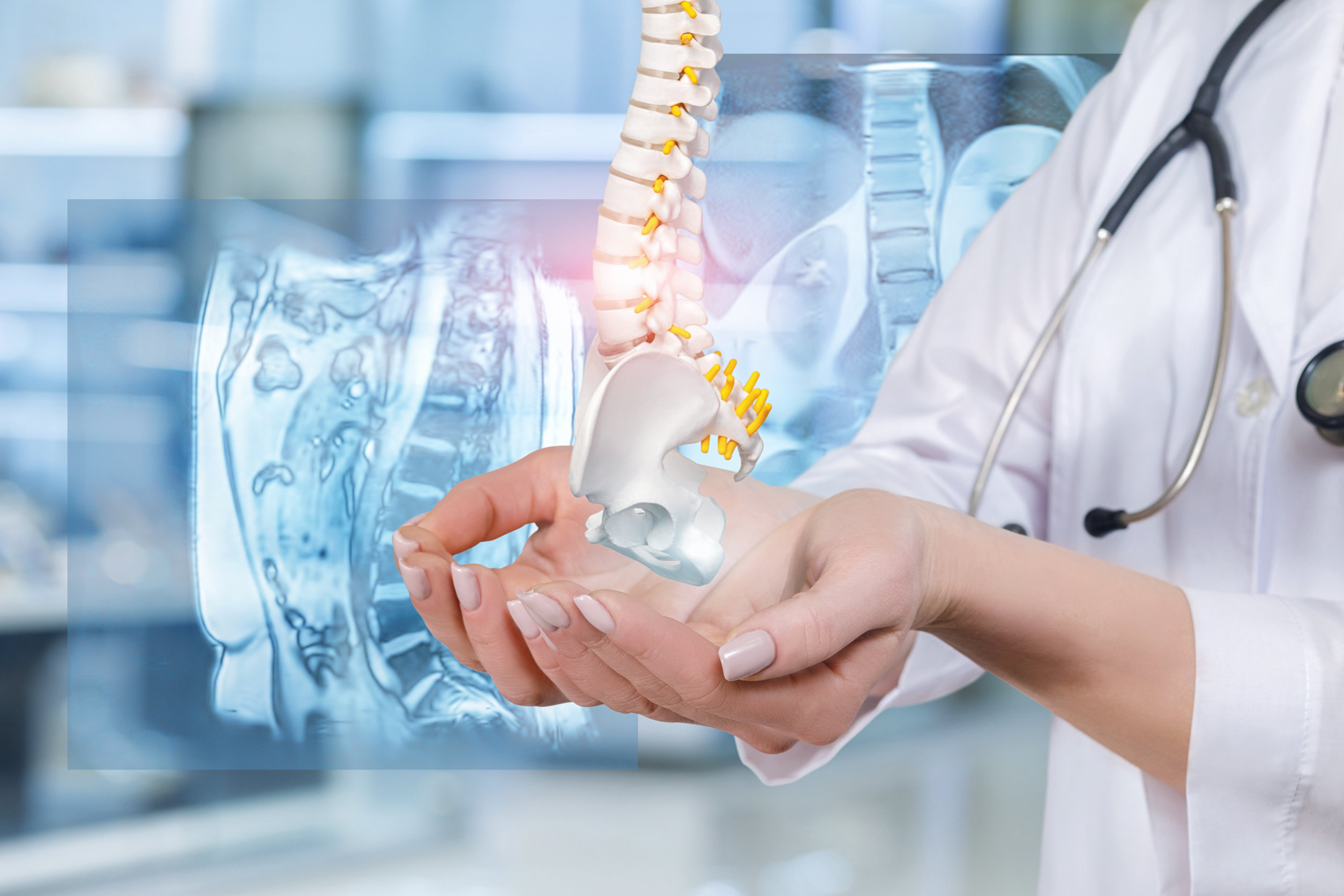While spinal infections are rare, they can affect people at any age and pose a significant risk of death. With this in mind, understanding the risk factors and signs of this condition can help you get prompt treatment if a spinal infection does occur.
Understanding Spinal Infections
Spinal infections can stem from a bacterial or fungal infection that affects the spine. They can occur at any point on the spine, from the bottom of the lower back (coccyx) to the top of the cervical spine.
Oftentimes, spinal infections are caused by an infection in a different area of the body that was brought to the spine through the bloodstream. For instance, if you underwent a surgical dental procedure and the wound became infected, the infection can reach the spine through your bloodstream.
The Types of Spinal Infections
- Osteomyelitis
Osteomyelitis is the most common spinal infection that impacts adults. This infection involves both the vertebrae and the intervertebral discs. It can be caused by the spread of bacteria, fungi, or parasites to the spine, often due to surgery, blood infections, or an infection that spreads from nearby tissues. Patients with this infection typically experience pain in the backbone that worsens at night. Many people experience pain as the only symptom of osteomyelitis.
- Discitis
Discitis is an infection that’s often caused by bacteria including staphylococcus aureus and streptococcus. This type of spinal infection can be caused by pneumonia or a urinary tract infection that spreads through the blood. People with discitis often have symptoms including radiating pain, pain with spinal movement, fever, and chills.
- Epidural abscess
An epidural abscess is a spinal infection that can develop in the soft tissues around the spinal cord and brain, the bones of the skull, and the spaces between the vertebrae. This infection is often identified along with a discitis or osteomyelitis infection, and it’s life-threatening. People diagnosed with epidural abscess require emergency medical care. Symptoms of this infection include fever, headache, pain in the mid to low back, inflammation, nausea, vomiting, difficulty walking, and neurological problems like numbness in the extremities and incontinence.
At Hernando Orthopaedic & Spinal Surgery, we offer treatment plans for pain from spinal infections. To schedule an appointment, contact us today.

